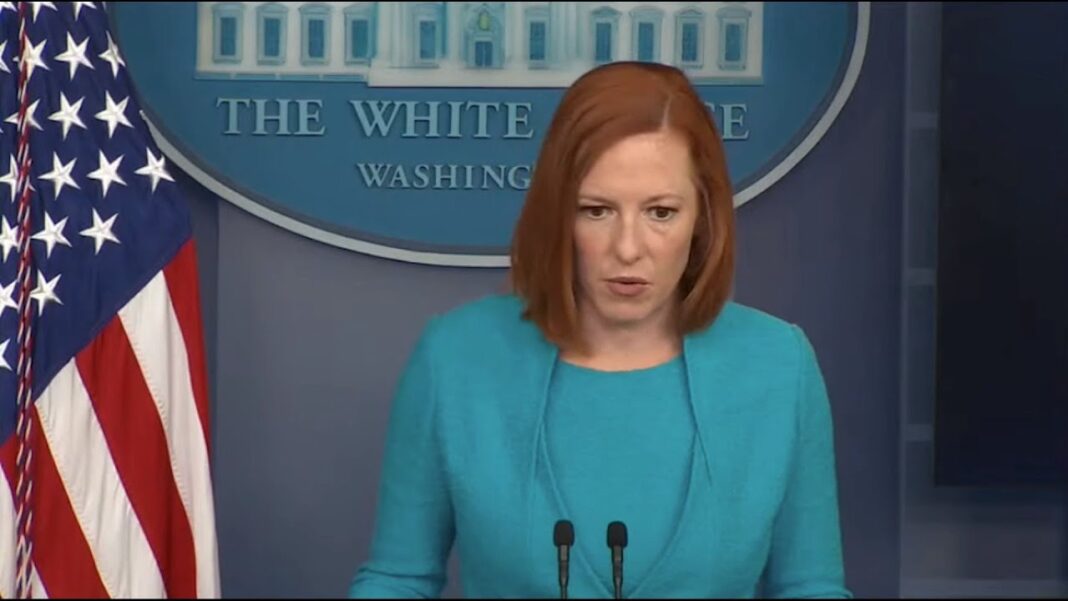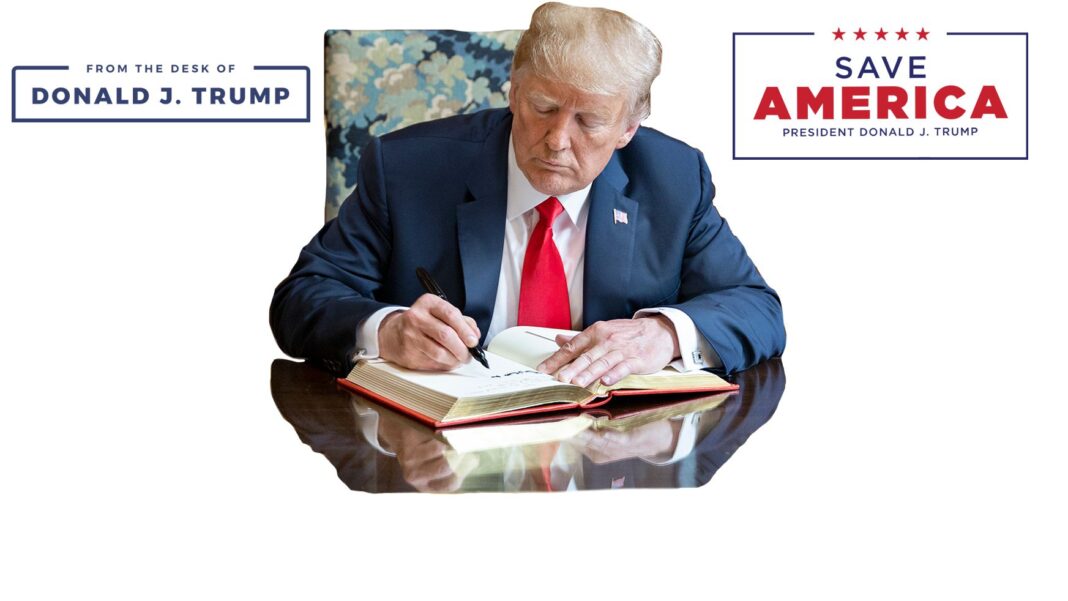The U.S. government can utilize high-altitude balloons to provide internet access to Cubans, a Federal Communications Commission (FCC) commissioner says.
“The advantage of a high-altitude balloon: a proven tech that would not require new infrastructure in Cuba,” Brendan Carr wrote on Twitter on Saturday.
Florida Gov. Ron DeSantis, a Republican, called on President Joe Biden to provide internet to the island after the ruling regime moved to shut it off.
“I write to urge you to assist in providing Internet access to the people of Cuba standing up against communist oppression and demanding a voice after decades of suffering under the yoke of a cruel dictatorship,” DeSantis said in a letter this week to Biden, a Democrat.
Carr said the United States should follow a two-track strategy, with a focus on introducing new internet connections through the balloons and other proven technology while also trying to bolster support for tech like Psiphon, “which can help Cubans use the island’s existing networks by circumventing blocking.”
Psiphon said Friday that it helped nearly 1.4 million Cubans access the internet through its free circumvention tool on Thursday alone.
Carr was reacting to an article that noted Alphabet, Google’s parent company, worked for years on a project involving balloons and the internet. Alphabet shut down the project in January, with officials saying they were unable to find a way to get costs low enough to build a long-term, sustainable business.
The FCC previously voted to give authorization to a similar project, run by a company named Raven, in the wake of a hurricane over Puerto Rico.
Carr also saw the technology operating in rural portions of Kenya, he told reporters at a press conference with DeSantis this week.
“What we need right now in this moment is the political will, bipartisan, across government—we need the Biden administration to say we are fully behind efforts to bring internet service into the Cuban people. Once we get that done … DoD will provide any authorizations needed, FAA will cover any air rights that [are] needed, the FCC will provide whatever spectrum rights are needed, State Department will deal with the international issues,” Carr said.





